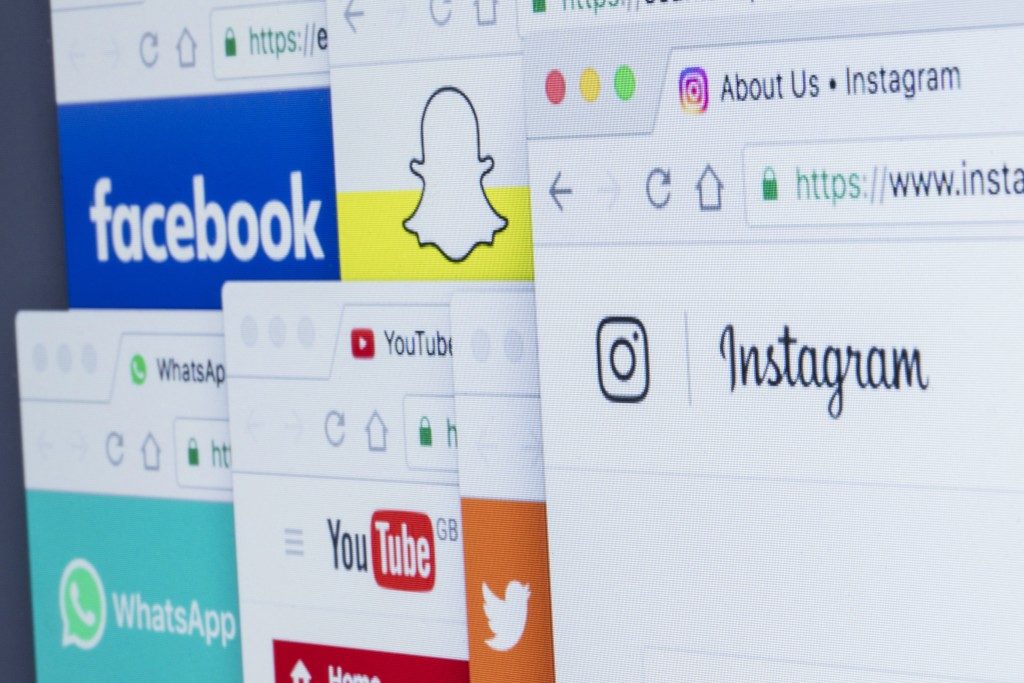In less than two decades, we’ve seen desktops and laptops give way to mobile devices. The browser wars of old are forgotten; thanks to social media, it’s all about the user now. Everybody keeps their smartphone within arm’s reach throughout the day. And in this year alone, our jobs have shifted dramatically towards remote working arrangements.
As our world becomes increasingly technology-centric, many people feel the need to push back. They advocate detoxing from devices because we spend more time in the virtual realm than we do paying attention to the real one. Some will even go completely off the grid just to reconnect with nature and be free of the never-ending flood of emails, status updates, and notifications.
For most of us, though, living on either extreme just isn’t sustainable. Devices are essential for many aspects of modern life, but we have to avoid being controlled by them. These steps will help you find harmony in your use of technology.
Analyze the problem
Whenever you attempt to address a perceived problem, you need to take perspective and assess the situation. To what extent does technology have a negative influence on your life?
Maybe your digital files have simply gotten disorganized over time, and it’s reducing your productivity at work. Taking the time to organize, delete junk, and remove duplicates from your Google Drive or local storage can solve that. You don’t need to resort to more radical changes when the problem is minor.
Sometimes, the issue runs a lot deeper. Video games are widely played across the country, but many people spend inordinate amounts of time playing. If you’re logging north of 30 hours a week playing games, you’re likely facing a serious gaming addiction.
Likewise, social media can have a strong influence on self-esteem. When you’re constantly flooded with images and status updates that have been edited for perfection, the inevitable comparisons can make you feel somehow worse-off. This leads to adverse effects such as FOMO (fear of missing out) and status anxiety.
Even ordinary online communications can cause behavioral changes and conflict. Online communication tends to be anonymous, asynchronous, and invisible. When you send someone messages through chat or email, these factors create a disinhibition effect. Without noticing it, you might be communicating very differently online than you would in a face-to-face conversation.
Detoxing is a necessary step

Armed with better awareness of the problem you’re facing, you can research and implement solutions. Not all of these involve a detox from technology. But it’s still a good idea to familiarize yourself with that option and exercise it as your first step towards control.
Detoxing doesn’t have to be an all-out, ‘cold turkey’ quitting from your devices. Simply designate certain times of the day to be tech-free. Mealtimes, bedtime, and an hour or two for your daily meditation or exercise routines are ideal candidates. Disable push notifications, and explore ways of getting things done using analog methods, such as pen and paper.
Through detox, you can take a step towards reducing your dependence on technology. But we still need our devices to accomplish many things each day. Even before the pandemic, people often had to check their phones for work-related emails; now that more people work remotely, our devices are inextricably linked to our jobs. The same holds for social media and entertainment. We still need to communicate with people and find ways to enjoy our leisure time. Disconnect in the modern world, and you might not be able to replace those benefits.
A harmonious relationship
Once you’ve gained a measure of control over technology, the next step is to use it with intent. Whatever purpose you need it for, stick to that and do nothing else.
If you need to work on your laptop all day, set specific hours during which you’ll focus only on work. Maintain boundaries in communication between your colleagues, so that they won’t disturb you outside of those hours.
Likewise, social media use can be reined in. Do you want to follow brands and influencers just because they give away discounts and freebies? Unless it’s your job to be active on social media, limit yourself to meaningful interactions with people you know in real life.
If you’re turning to games or Netflix for leisure, consider the underlying reasons. The sense of challenge, progress, and social approval could be what you’re craving. In that case, you can find more traditional hobbies to satisfy those needs.
The goal is not to fully replace technology in our lives. It’s here to stay, and we can only maintain balance by mastering our relationship with it and using it harmoniously with traditional practices to address our needs.



